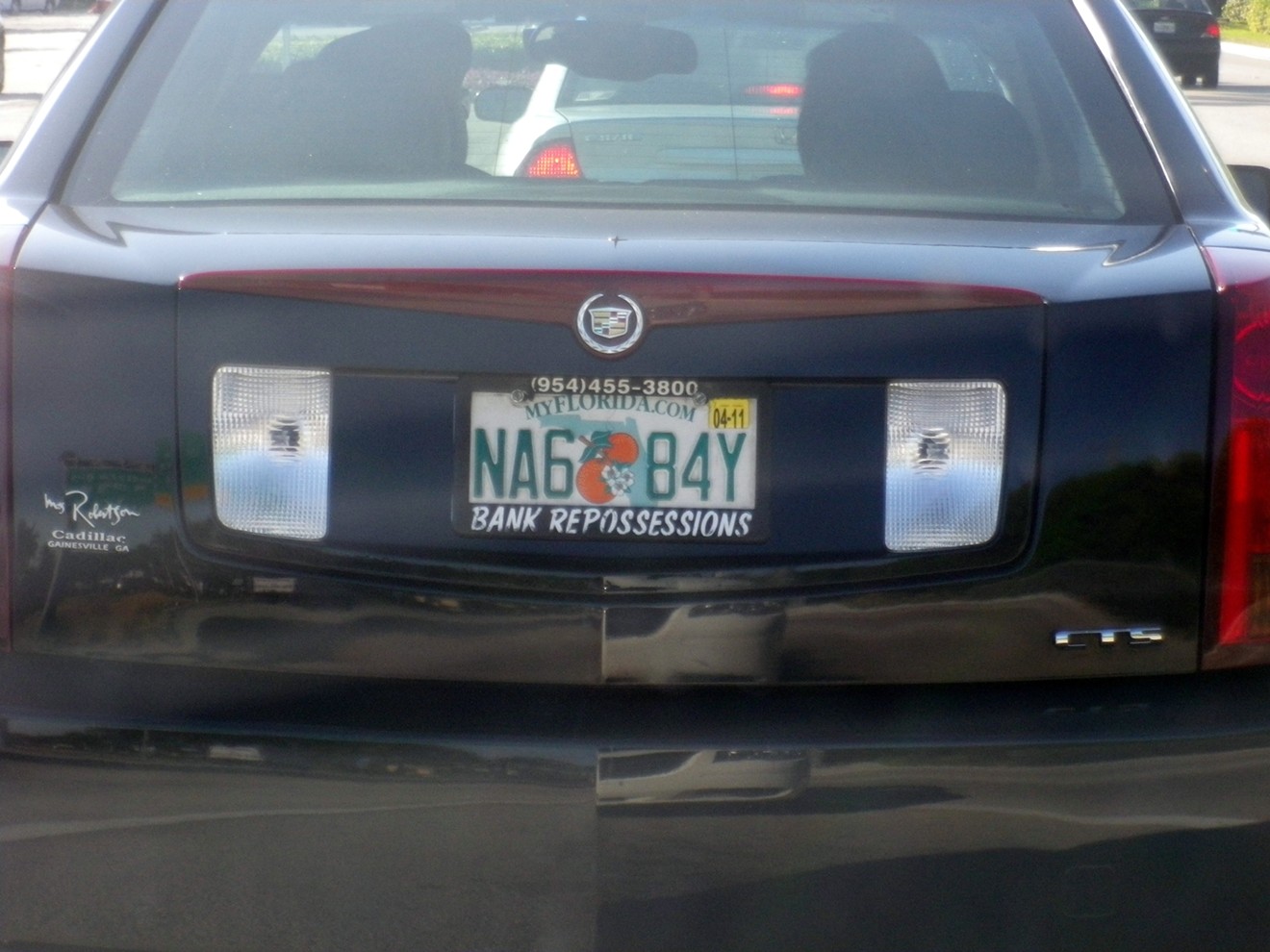Coral Gables has only about 50,000 residents, but because of its central location in Miami-Dade, more than 700,000 cars pass through the city daily. And its police now have the ability to monitor a huge number of those vehicles. Since inking a deal to acquire license-plate readers in 2016, the Gables uses more than 30 such devices around the city.
So far, those cameras are capturing a huge amount of data. By the end of 2018, police estimate the department will have scanned close to 30 million license plates — nearly three times as many as the City of Miami Beach scanned in 2016. Earlier this month, Gables officials put out an email blast boasting the City Beautiful now has the most plate-reading detections among the 27 South Florida law enforcement agencies that use the same platform.
"Coral Gables is getting so good at using this technique that we are the top agency," the email stated.
But it's possible that massive volume of data captured by police could wind up being used by immigration authorities. Late last year, U.S. Immigration and Customs Enforcement (ICE) signed a contract granting the agency access to a database of license plates from Vigilant Solutions, the vendor used by Coral Gables and dozens of other Florida cities.
According to Slate, the contract gives ICE access to Vigilant's commercial database, which collects photos from private companies such as tow truck businesses and repo men. But in some situations, federal immigration agents can also tap into the law enforcement database, which is populated by police departments such as Coral Gables. That's because most law enforcement agencies that use Vigilant share license-plate information with one another — and some of them may share that data with the Department of Homeland Security and its partners.
Public records show immigration agents can use Vigilant's database of
Frank Fernandez, Coral Gables' assistant city manager
"If they're tapping into that data, that's a question for them," Fernandez says.
Fernandez argues that overall, the license-plate readers have been a boon for Coral Gables. He says that the cameras have a "huge deterrent value" and that crime has dropped 34 percent over the past three years, partly because of the readers. He also points to a recent case in Liberty Square where video footage helped two murder suspects show proof of their alibi as evidence of cameras as a force for good.
"Had it not been for the video, they would have been accused, been in jail, and had to go to trial," Fernandez says. "Video can be intrusive if improperly used, but it can also prove valuable for someone accused of a crime."
But privacy advocates say the negative implications far outweigh the benefits of plate readers. Groups such as the American Civil Liberties Union (ACLU) have long warned that the systems create creepy databases of surveillance images that can be used to track a driver's daily movements — and that police don't need a warrant to use them.
In Coral Gables, drivers' data is stored for three years, a length of time the ACLU says is far too long.
"Our issue is always how long the data is kept, because it really should only be kept for a short period of time, a few days," says Jeffrey Hearne, a Miami ACLU board member.
Though Fernandez says there is "significant oversight" regarding the use of the plate readers in Coral Gables, the ACLU says the mere existence of the cameras is cause for concern.
"Automatic license-plate readers have the potential to create permanent records of virtually everywhere any of us has driven, radically transforming the consequences of leaving home to pursue private life, and opening up many opportunities for abuse," the group stated in a 2013 report. "Clear regulations must be put in place to keep the government from tracking our movements on a massive scale."
Update: Vigilant Solutions spokeswoman Mary Alice Johnson provided the following statement to New Times.
“Vigilant Solutions does not share agency-collected data with anyone. Agency-collected data belongs to the agency, and it is up to the agency to share with other agencies – including ICE, as permissible by state law and agency policy.”













